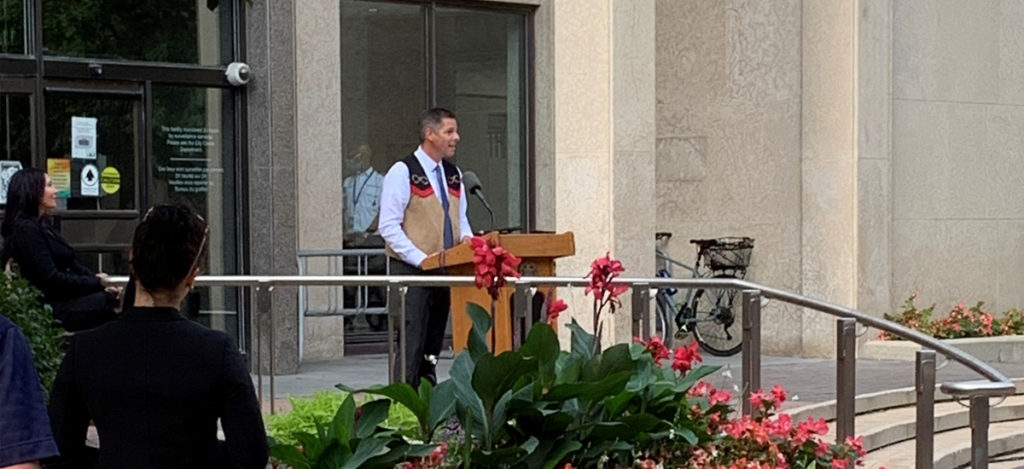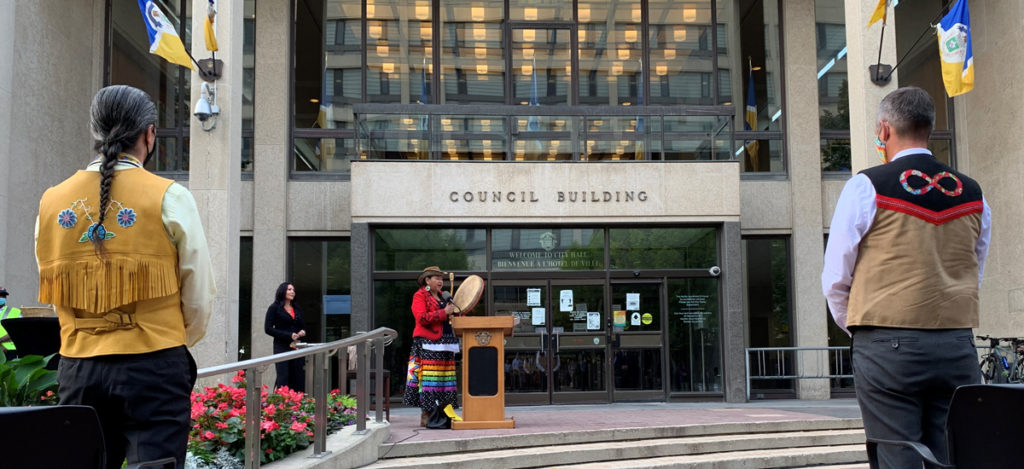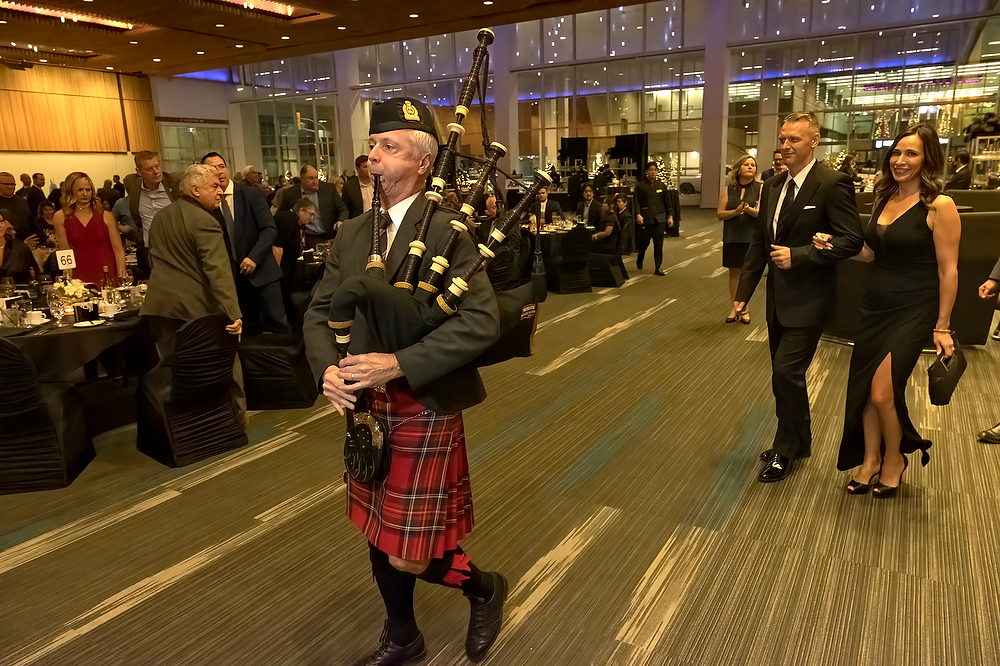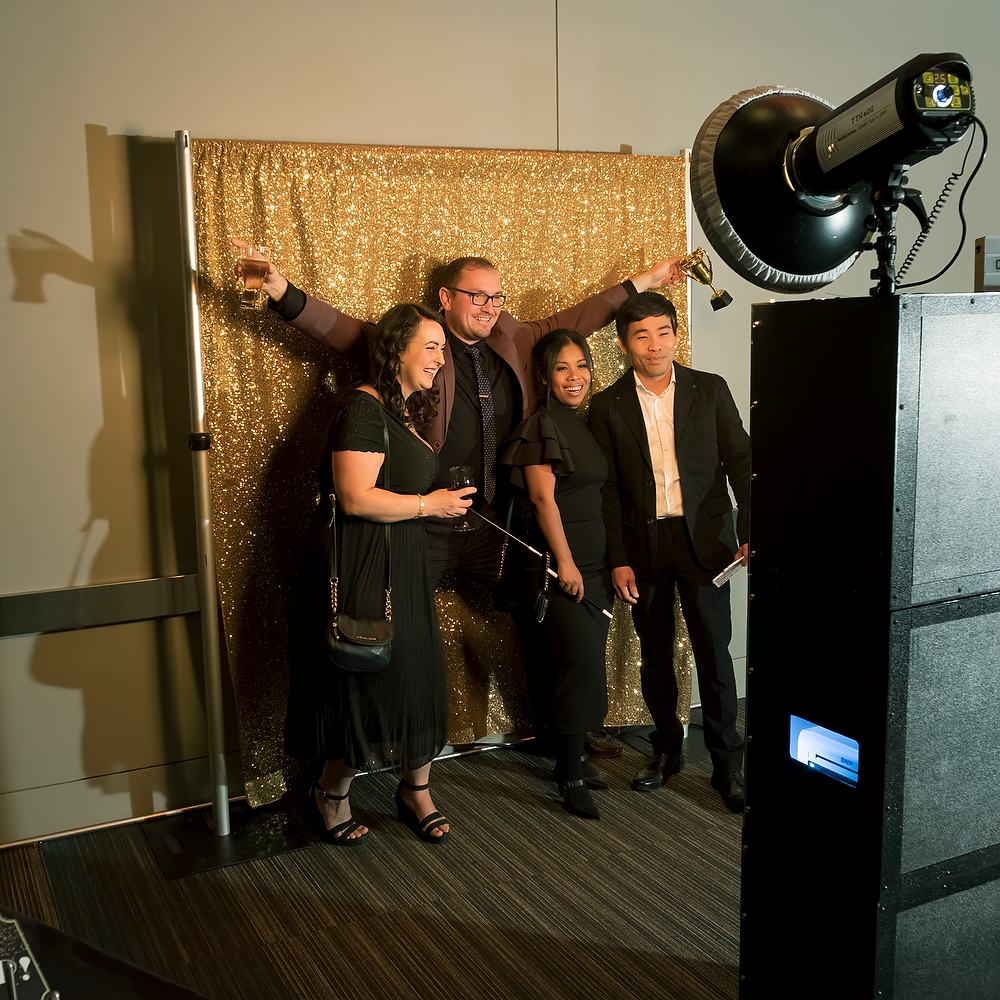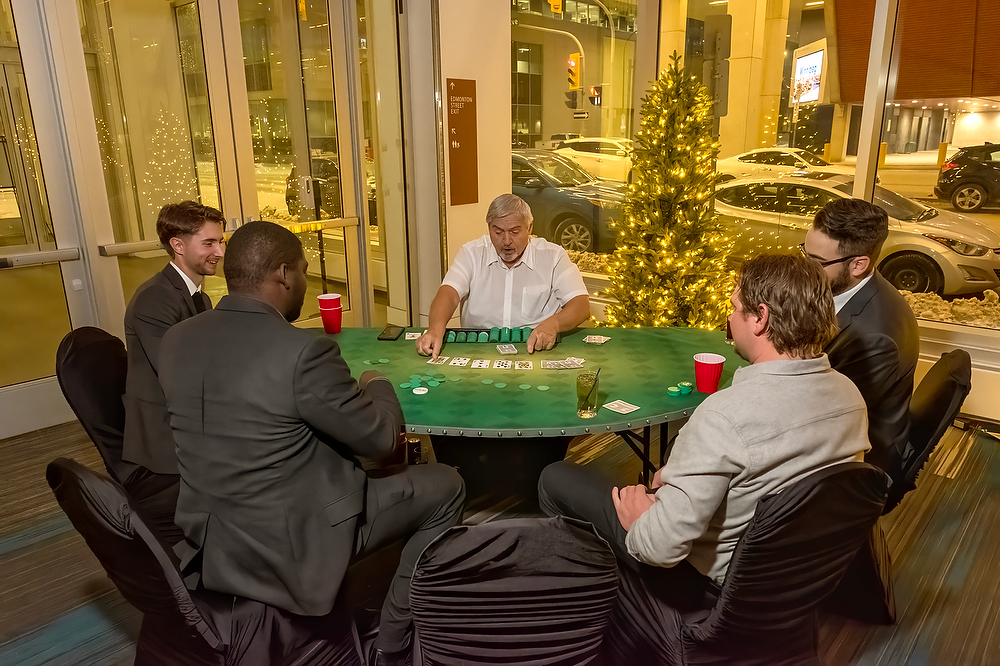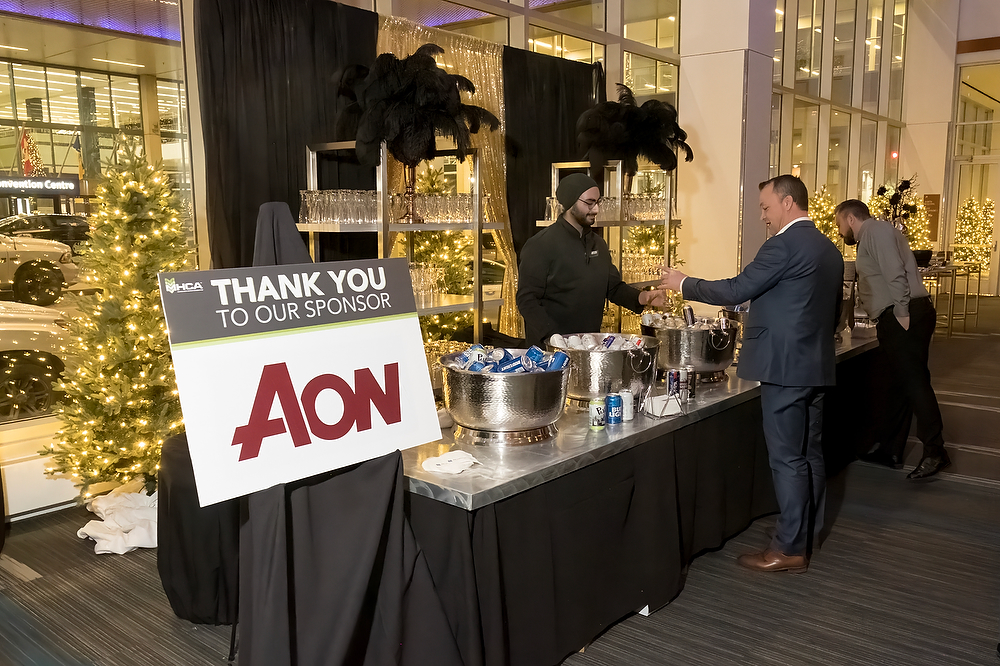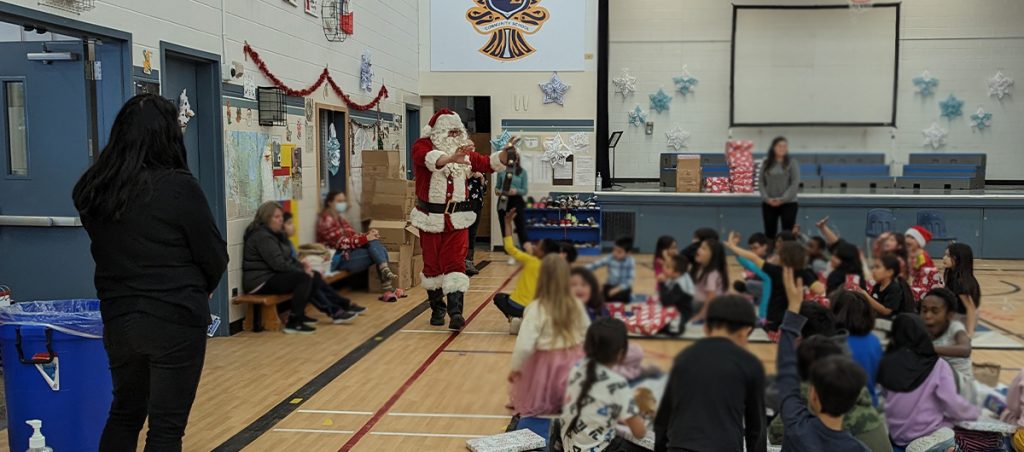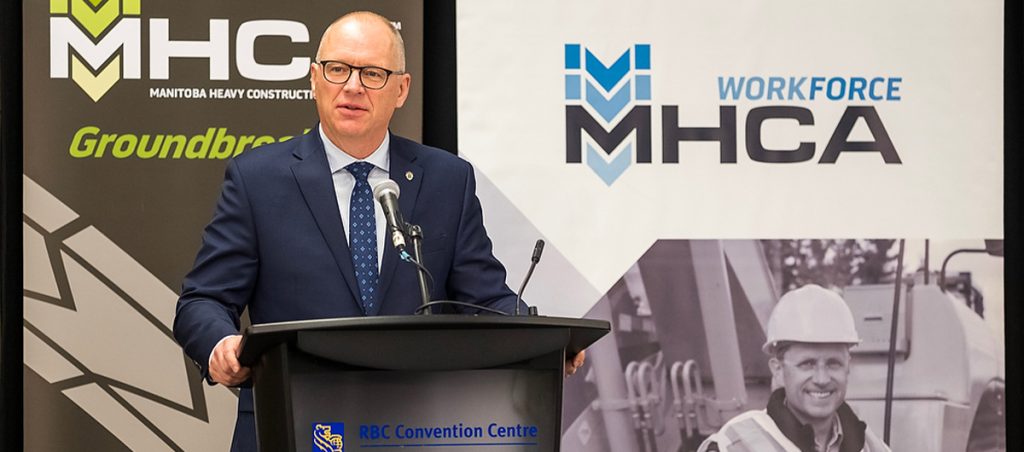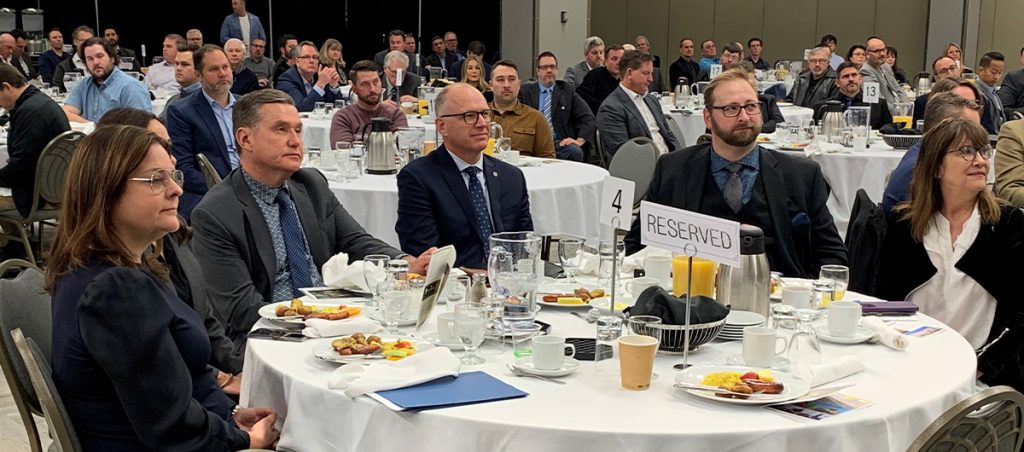Remember the harms, history and reconcile for the future
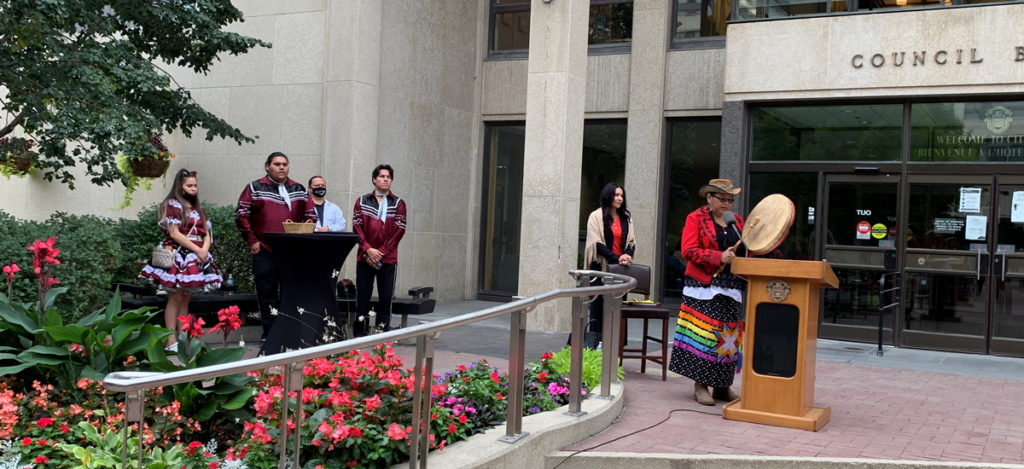
There is no rationalization or justification that can possibly excuse or diminish the fact and impact of the Indian Residential Schools era on Indigenous peoples, and Canada, generally, those attending the 4th signing ceremony of the Winnipeg Indigenous Accord heard September 9.
Grand Chief Arlen Dumas, of the Assembly of Manitoba Chiefs, told the crowd at the City Hall ceremony that the revelation of unmarked graves of children who were forced to attend residential schools across Canada has been hard for many.
Many Canadians are just learning about the extent, longevity and impact of the federal law and policy that began in the late 1800s, forcibly removing First Nations children as young as 5 from their families and, often, communities to “educate” them in residential schools.
The children lived through atrocities such as physical, psychological and sexual abuses at the hands of school staff, including religious leaders.
Dumas said as the conversation continued in the wake of the findings on the former school grounds, he also heard some trying to rationalize or justify the deaths and disappearances of thousands of children.
Some said that food was scarce or diseases such as tuberculosis was moving across Canada, and therefore the deaths were understandable, Dumas said.
But, he stressed, the state at various times conducted experiments on children at the schools – including nutritional experiments in which some students were given dog biscuits to eat, and TB experiments. The experiments have given rise, recently, to class action suits by residential school survivors.
It was a solemn note to the signing ceremony, in which 39 more companies, associations and agencies joined the accord. The MHCA has been a signatory since 2019. The accord’s intent is to remind business and other groups of their obligations under the Truth and Reconciliation Commission’s Calls to Action, to begin down the path to reconciling the history and legacy of Indian Residential Schools.
“The full disclosure of this truth is just beginning,” said Mayor Brian Bowman, under whom the Accord was begun. “We must never forget the innocent children who were victims of the Indian Residential Schools.”
Bowman noted that all Canadians must join in partnership with Indigenous peoples, to undo the harms that were done, and that are multi-generational in the impacts. But, he stressed, he sees progress.
“In every sector of Winnipeg society, you’re making a positive difference.”
